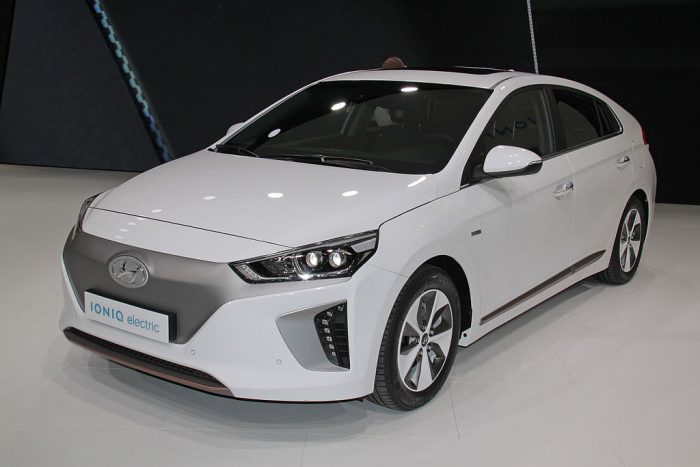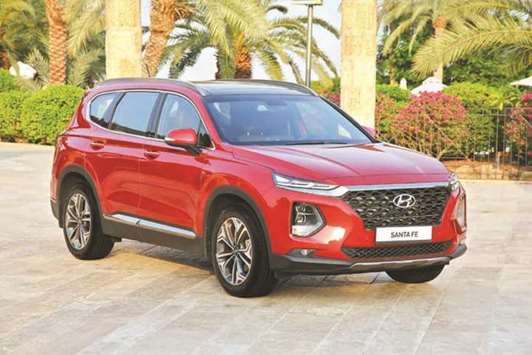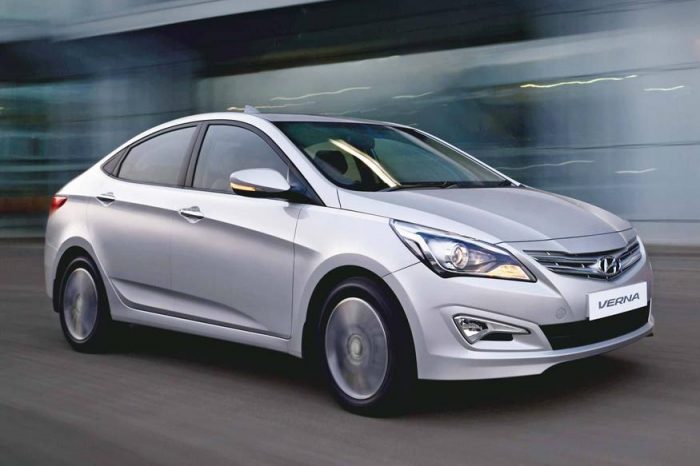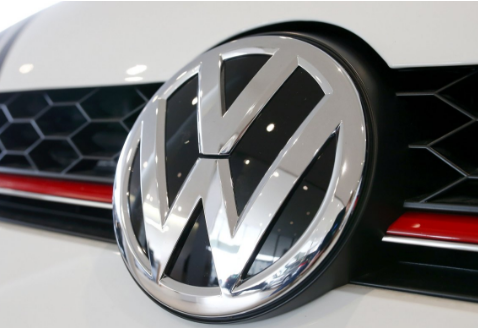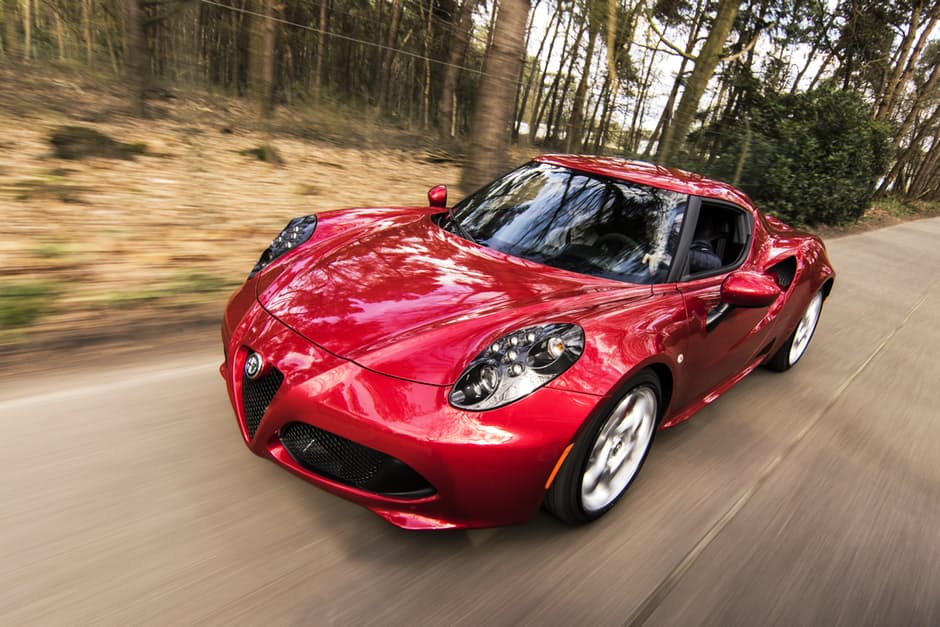Now Reading: Hyundai and Kia addresses weaker sales in China after missile row
-
01
Hyundai and Kia addresses weaker sales in China after missile row
Hyundai and Kia addresses weaker sales in China after missile row
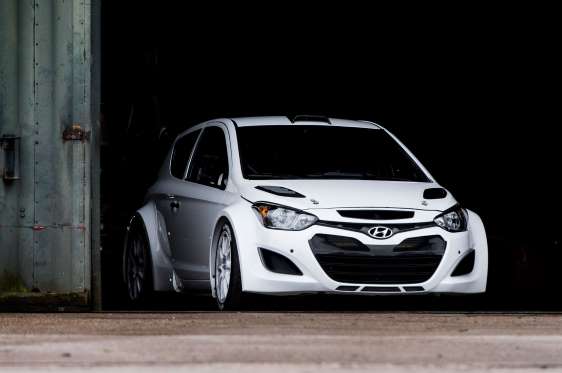
South Korea’s Hyundai Motor and Kia Motors on Monday stated “weaker sales in China” most likely dragged down overseas sales in March, following a diplomatic row over a missile system caused an increase in anti-Korean sentiment.
At Kia Motors, China sales most likely cut in half from the year prior because of political tension and other factors, an individual knowledgeable about the matter informed Reuters. Kia refused to comment.
Hyundai and Kia posted fall in March overseas sales, without revealing a country-by-country breakdown. China represented over a quarter of the pair’s 2016 abroad sales.
China last month restated its opposition to a missile defense system that South Korea prepared as a deterrent to nuclear-armed North Korea, stating the radar could penetrate its territory. South Korean companies have since encountered hardships in China, such as protests, suspension of operations and cyber offense.
“The March sales outcomes are gloomy. The market is getting harder and harder,” said the individual, who was not authorized to speak openly on the matter and so refused to be recognized.
Hyundai Motor halted production at one of its Chinese plants from March 24 to April 4, sustaining concern that tension over the Terminal High Altitude Area Defence (THAAD) system could be hurting sales.
However industry officials stated Hyundai and Kia have deeper, longer-term difficulties in the shape of regional brands. The likes of Geely Car Holdings have acquired market show inexpensive sport utility vehicles, at the expense of Hyundai and Kia which rely greately on sedans.
Kia has also remained in a disagreement with more than 100 of its Chinese dealers, who stated in January they may refuse to sell its automobiles unless they get 2.5 billion yuan ($363.20 million) in payment for losses sustained from unsold stock.
In March, Kia’s abroad sales dropped 13 percent to 190,601 vehicles. In 2016, around 50,000 of its March sales remained in China.
Stay Informed With the Latest & Most Important News
Previous Post
Next Post
-
 01Polestar Boss Says It’s Time To Outrun BMW M And Mercedes-AMG
01Polestar Boss Says It’s Time To Outrun BMW M And Mercedes-AMG -
 02Spy Shots: 2027 Mitsubishi Pajero Spotted in Testing Ahead of Possible U.S. Return
02Spy Shots: 2027 Mitsubishi Pajero Spotted in Testing Ahead of Possible U.S. Return -
 03Spy Photos: VW ID. Polo GTI Goes Electric with 223 HP and 280 Miles of Range
03Spy Photos: VW ID. Polo GTI Goes Electric with 223 HP and 280 Miles of Range -
 042026 Toyota Hilux EV: A Powerful Truck with Silent Torque
042026 Toyota Hilux EV: A Powerful Truck with Silent Torque -
 05The Controversial Ford Voodoo V8 That Was Killed Off Too Early
05The Controversial Ford Voodoo V8 That Was Killed Off Too Early -
![2027 Mercedes-Benz S-Class Debuts with V8 Engine [Photo Gallery]](https://speedlux.com/wp-content/uploads/2026/01/2027-Mercedes-Benz-S-Class-33-155x125.jpg) 062027 Mercedes-Benz S-Class Debuts with V8 Engine [Photo Gallery]
062027 Mercedes-Benz S-Class Debuts with V8 Engine [Photo Gallery] -
 07Hyundai Palisade’s Breakout Year Shows How Quickly the Market Can Turn
07Hyundai Palisade’s Breakout Year Shows How Quickly the Market Can Turn


![2027 Mercedes-Benz S-Class Debuts with V8 Engine [Photo Gallery]](https://speedlux.com/wp-content/uploads/2026/01/2027-Mercedes-Benz-S-Class-33-700x394.jpg)






































